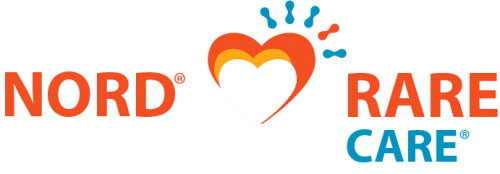All individuals with CGD should be on antibiotics for the prevention (prophylaxis) of bacterial infection. The first line of therapy is usually trimethoprim/sulfamethoxazole, also known as cotrimoxazole and septra. In addition, itraconazole, voriconazole, or posaconazole should be used for the prevention of fungal infections. The use of these medications reduces infections dramatically. Interferon-gamma is an injectable pro-inflammatory molecule that can be used together with antibacterial and antifungal prophylaxis to reduce infection. Since the infections that are important in CGD are found in the environment and not carried in our bodies normally, the effect of prophylaxis is to build a wall around the individual: it can still be jumped over but prophylaxis makes it harder for infections to get in. Maximum infection prophylaxis for CGD involves treatment with twice-daily oral doses of cotrimoxazole and once-daily itraconazole, plus three times weekly injections of interferon-gamma. With these prophylactic treatments, the average incidence of severe infections in CGD is less than once every four years.
Early diagnosis of infection and prompt, aggressive use of appropriate antibiotics and antifungal agents are the best ways to treat acute CGD infections. Initial therapy with antibiotics aimed at the usual suspects makes sense while waiting for results of infection test results, but it is important to try to identify the specific infection and not just guess all the way along. Intravenous antibiotics may be needed for serious CGD infections. Phagocyte transfusions are sometimes used when an infection is especially life-threatening or slow to resolve such as can be the case with deep tissue fungal infections.
Steroid medications, such as prednisone or methylprednisolone, may sometimes be required to control inflammation. Individuals on steroids need close monitoring for side effects such as high blood pressure and high sugar levels.
Side effects of both antibiotics and antifungals may include nausea, vomiting diarrhea, loss of appetite, or rash. Interferon-gamma injections may cause fever, fatigue, and depression. Acetaminophen taken before the injection may help. Flu-like side effects are usually related to the dose and may be decreased by lowering the dose or how often it is given. Even doses lower than the standard recommendation may provide some protection against infection. Individuals with CGD should consult their healthcare provider if they experience side effects. The risks and benefits of any treatment should be carefully considered.
Managing Exposures
Fungal and bacterial exposures are prevalent in everyday life, but there are some precautions that can be taken to avoid exposures and reduce infection risk.
Many physicians suggest that swimming should be confined to well-chlorinated pools. Brackish water in particular, like bays and rivers near the ocean, may contain organisms that are specifically dangerous in CGD, such as Francisella philomiragia and Chromobacterium violaceum.
Individuals with CGD should avoid handling dirt, as well as grass cuttings, decaying leaves, garden mulch (shredded moldy tree bark), and potting soil because they contain high levels of fungi and bacteria. These exposures can cause severe pneumonia. Individuals with CGD should remain indoors during mulching in neighboring yards. Once the mulch is settled firmly on the ground and is not being spread or raked, it is much less of a danger to individuals with CGD. Individuals with CGD should also avoid turning manure or compost piles, repotting house plants, cleaning cellars or garages, removing carpets, performing demolition, digging in dirt, dusty conditions, cutting grass, raking leaves, hay rides, and barns. Aspergillus is also present in marijuana, so individuals with CGD should avoid smoking it. Individuals should see their doctors about even minor infections and colds to avoid life-threatening infections.

















